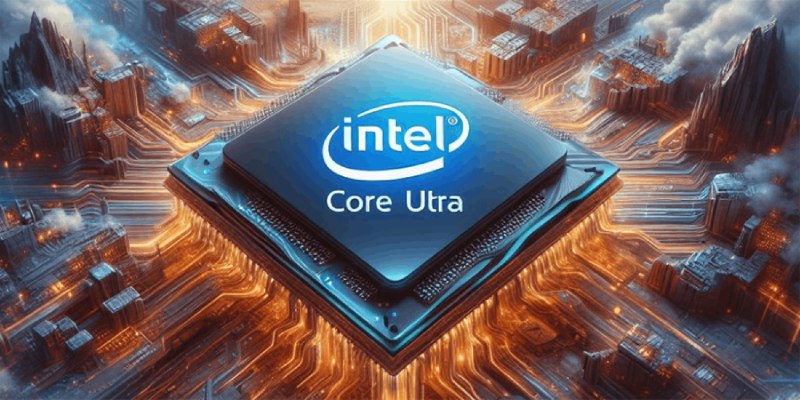The US chipmaker Intel has announced that it will produce high-end semiconductors for Microsoft in an effort to compete with TSMC and Samsung in the global supply of the next generation of silicon used in artificial intelligence.
Encouraged by geopolitical concerns in Washington on the need to bring cutting-edge manufacturing back to the US, Intel CEO Pat Gelsinger stated at a business event on Wednesday that the company is going to “rebuild western manufacturing at scale.”
Ever since Gelsinger became CEO three years ago, Intel has been trying to reposition itself as a foundry, producing chips that are developed by other businesses in an effort to go back into the forefront of semiconductor manufacturing. Because of the growth of generative AI, demand for them is skyrocketing.
However, Intel must persuade its manufacturing clients that it would handle the chips in the same manner that it designed them.
Intel has set a target to ensure that, in ten years, fifty percent of the world’s semiconductors will be produced in the US and Europe, up from twenty percent presently. Asia, especially Taiwan, is the center of the world’s manufacture.
According to Gelsinger, Intel is turning “maniacally consumer-focused.” It is splitting into two divisions to reflect this: Intel Foundry, which produces semiconductors, and Intel Products, which is in charge of their design.
According to Gelsinger, Intel is “establishing two vibrant new organisations” and the corporation has already signed foundry contracts for a combined $15 billion.
Microsoft CEO Satya Nadella declared that the corporation was backing Intel’s effort to establish itself as a major player in the global semiconductor market. Intel’s 18A node will be used to create a semiconductor created by Microsft.
The 18A node from Intel is a manufacturing method that reduces the size and energy consumption of semiconductors. Utilizing their own technologies, Samsung of South Korea and TSMC of Taiwan are creating the next generation of advanced chips that will power artificial intelligence, data centers, and smartphones.
Along with Nvidia and AMD, Microsoft is one of the businesses designing the high-end CPUs that provide the massive processing power needed to implement AI.
“Through our foundry, I want to manufacture every AI chip in the industry,”Gelsinger declared.
Among them are semiconductors built on UK chip designer Arm’s architecture. At the same occasion, Arm CEO Rene Haas made an appearance to promote a new relationship with Intel, joking that, considering their past, the two companies were “strange bedfellows.” Based on the X86 architecture, which rivals Arm’s, are Intel’s designs.
$52.7 billion in financing is promised for US semiconductor manufacturing, research, and development under the federal Chips Act, which was passed in 2022.
In order to create semiconductors for the automotive, communications, and defense industries, GlobalFoundries, a California-based company, will get $1.5 billion this week from the Biden administration for the construction of a new facility as well as for factory expansion and modernization at locations in Vermont and New York.
According to Gelsinger, Intel would “very soon” announce its own federal funding under the Chips Act.
In the upcoming years, OpenAI, Google, and other companies will need a “mind-boggling” amount of semiconductors to build and implement the large language models behind generative AI. US Commerce Secretary Gina Raimondo stated, appearing on screen at the event, that demand for the most advanced chips “is just going to explode.”
“Intel is the country’s champion chip company,” she declare
